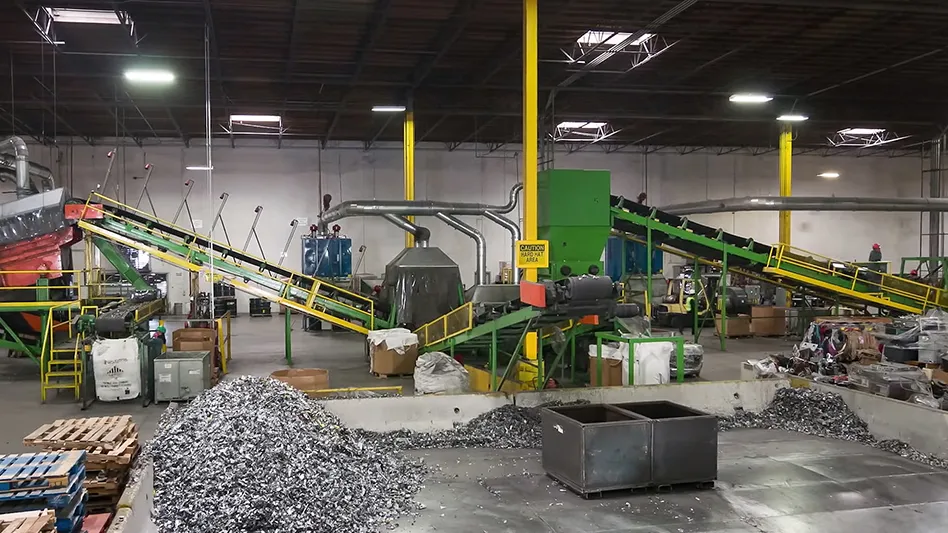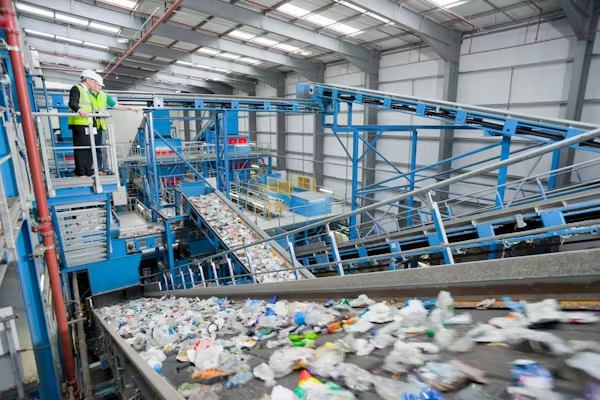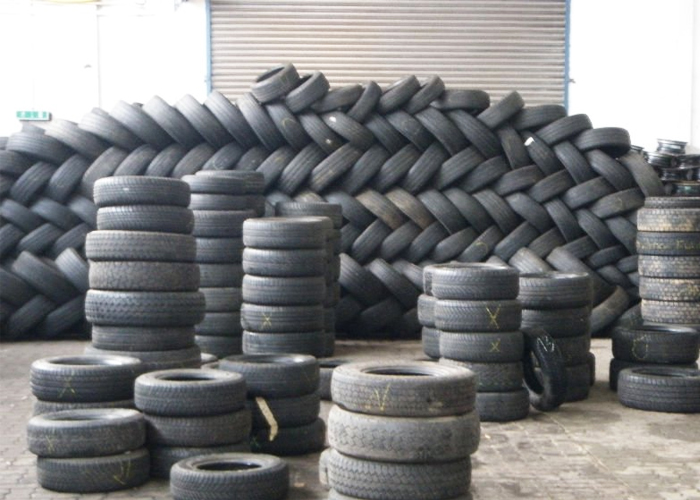EPR Support
In an age where electronic waste is one of the fastest-growing waste streams globally, EPR Authorization for E-Waste has become a critical aspect of corporate responsibility.


Waste recycling is an essential service addressing the environmental challenges posed by discarded electronic devices. As technology rapidly evolves, the lifespan of products like computers, smartphones, and televisions shortens, and other waste categories are leading to a surge in waste. Proper recycling of these items is crucial to prevent toxic substances such as lead, mercury, and cadmium from polluting the environment.
Waste recycling is an essential service addressing the environmental challenges posed by discarded electronic devices. As technology rapidly evolves, the lifespan of products like computers, smartphones, and televisions shortens, and other waste categories are leading to a surge in waste. Proper recycling of these items is crucial to prevent toxic substances such as lead, mercury, and cadmium from polluting the environment.
Waste recycling also contributes to sustainable development by reducing landfill usage and lowering greenhouse gas emissions associated with the production and disposal of electronic goods. By choosing e-waste recycling, businesses and consumers can actively participate in an environmentally responsible practice, ensuring a greener future. This category is vital for maintaining ecological balance and promoting a circular economy in the tech industry.
E-waste Recycling: Recycling e-waste not only prevents toxic substances from entering our bodies and into the environment, but the process also reduces the harmful environmental impacts created by the extraction and mining of virgin materials. Besides, the potential economic benefits that can be derived from this industry are enormous. The discarded e-waste in 2019 alone was worth more than US$57 billion. Yet, many problems still need to be conquered before the industry can reach its full potential, including electronic producers and manufacturers designing more recycling-friendly products and further research on mechanical processing in the recycling of the rest of the chemical elements.

Plastic waste Recycling : Plastics are entrenched into our lives, making it hard to remove them. In the modern world, plastics are used everywhere. Recycling is the best way to reduce the number of plastics in our environment. The plastic then goes to a reprocesses where it is washed, shredded a nd sorted further. The plastic is then melted and extruded a into new recycled plastic pellets.

Tyre Recycling : Tyre compliance requires tyre manufacturers or importers to take responsibility for managing and recycling the waste generated from their products. This includes setting up collection centers, collaborating with recycling facilities, and ensuring proper disposal of end-of-life tyres.